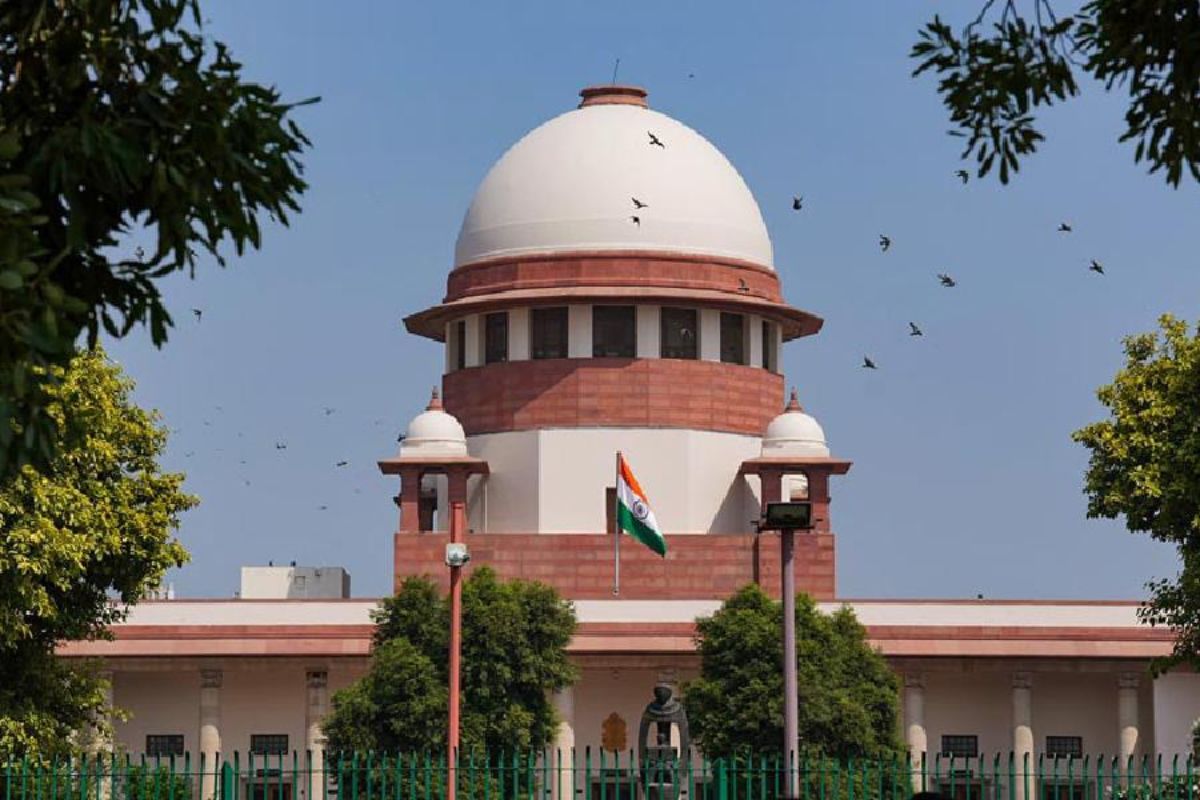Shah’s directives on law and order will be implemented on time: LG
Lieutenant Governor Vinai Kumar Saxena on Saturday stated that the Delhi government will implement Union Home Minister Amit Shah's directives on the law and order situation on time.
The Delhi government has submitted that the green tribunal’s order violates the Constitutional scheme of governance in Delhi as well as the 2018 and 2023 orders of the Constitution Bench of SC.

SC quashes proceedings against Karnataka Dy CM Shivakumar in PMLA case
The Delhi government has filed a petition in the Supreme Court challenging the National Green Tribunal’s (NGT) decision to appoint the Lieutenant Governor (LG) as the Chairman of the High-Level Committee on Solid Waste Management.
The Delhi government has urged the Supreme Court to quash the NGT order dated February 16. The Delhi government has submitted that the order violates the Constitutional scheme of governance in Delhi as well as the 2018 and 2023 orders of the Constitution Bench of SC. Through its order, the NGT had established this committee, comprising various authorities in Delhi, to address the problem of Solid Waste Management, with the LG, a mere figurehead of the state, as its Chairman.
Advertisement
“This Committee also comprises of the Chief Secretary, Delhi, Secretaries of the Irrigation, Forest and Environment, Agriculture, and Finance Departments, Government of Delhi, Chief Executive Officer, Delhi Jal Board, Vice Chairman of the Delhi Development Authority, Secretary or his nominee in Ministry of Agriculture, Government of India, DG Forest or his nominee, MoEF&CC, Government of India, Secretary, MoJS or his nominee, MoEF&CC, DG NMCG and Chairman CPCB,” the Delhi government said in the statement on Wednesday.
Advertisement
In its petition, the Delhi government has recognised the need for interdepartmental coordination to address Solid Waste Management issues and implement remedial measures, but it has strongly objected to the executive powers granted to the LG through the NGT’s order. These powers encroach upon areas exclusively under the competence of the elected government of Delhi. “NGT has appointed the Lt. Governor as the chairman of a committee when there was absolutely no statutory or constitutional power conferred upon the Lt. Governor to chair such a committee,” the petition reads.
In its appeal, the Delhi government contended that according to the administrative structure in Delhi and the provisions of Article 239AA of the Constitution, the LG serves as a nominal figurehead, except in matters pertaining to land, public order, and police, where the LG exercises powers delegated by the Constitution.
The Delhi government acknowledged the importance of a coordinated approach, but it asserted that the language used in the NGT order sidelines the elected government. The plea explains that granting executive powers to an authority that lacks the constitutional mandate to possess them undermines the elected government’s rightful jurisdiction.
According to Article 239AA of the Constitution, the Lieutenant Governor is bound to act solely based on the aid and advice of the council of ministers, led by the Chief Minister. It has been a well-established constitutional principle for the past 50 years that the powers vested in a nominal and unelected head of state should only be exercised under the “aid and advice” of the Council of Ministers.
Advertisement